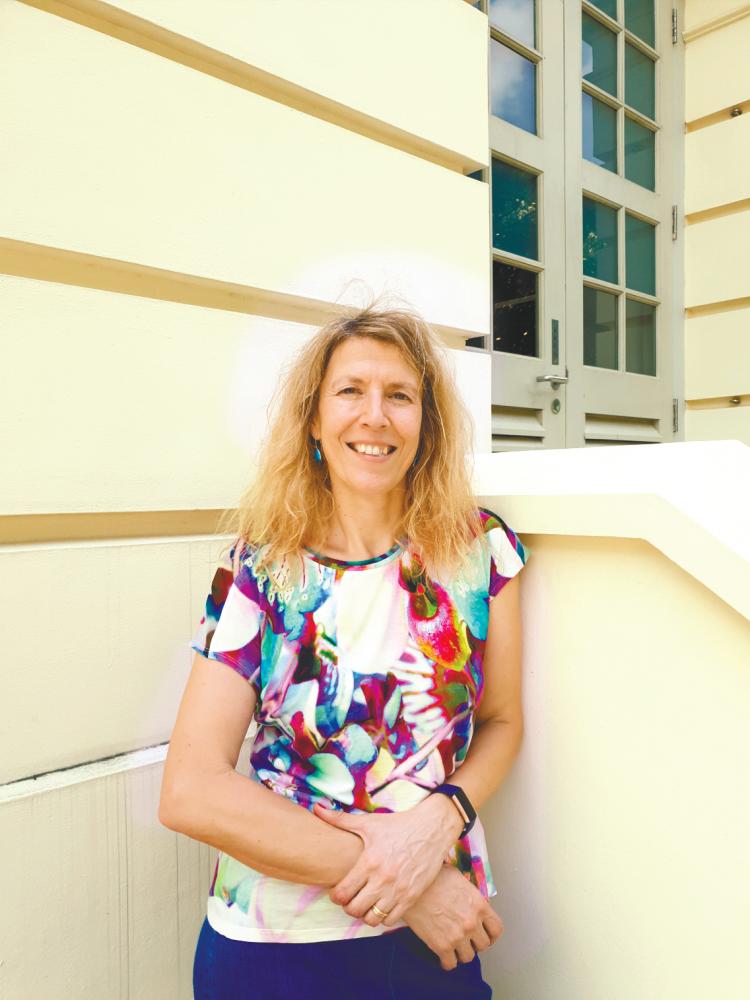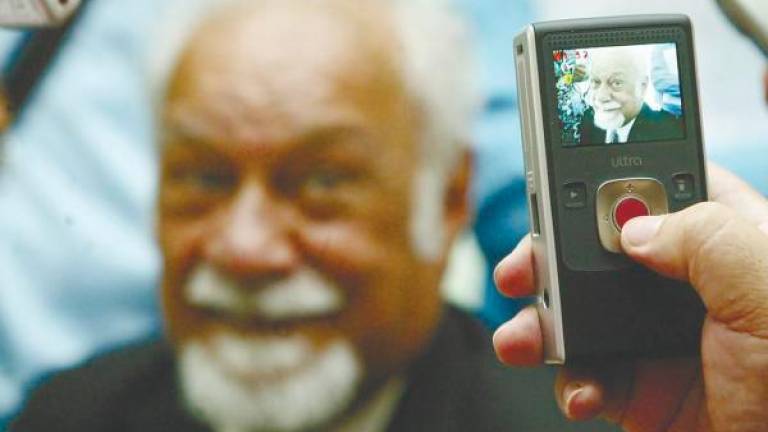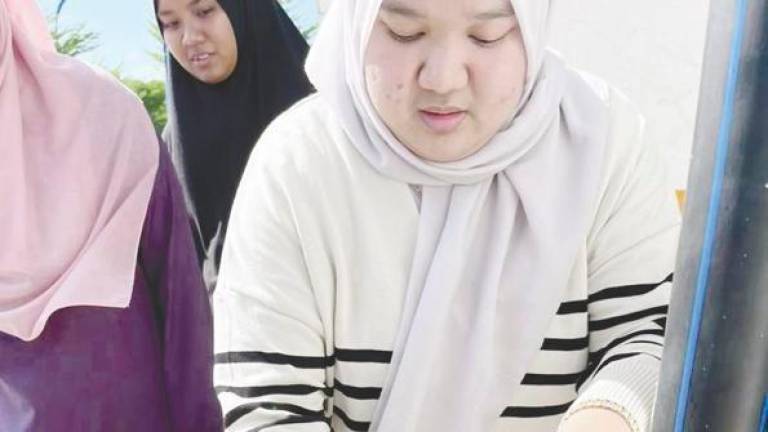To fans of stories set during the British Colonial era, you might already be acquainted with Rosie Milne’s work Olivia & Sophia which tells the story of Sir Stamford Raffles’ first and second wives.
Milne’s latest book is a fictional account of more colonial wives, set in the 20th century, called Circumstance.
Circumstance tells the story of Frank, a British government officer based in the fictional remote district of Kluanak in Sarawak.
He marries Rose after a quick courtship during a brief holiday in London.
However, Frank neglects to tell his wife that he already has a mistress called Noni back in Sarawak, with whom he has fathered four children.
When Frank’s request for a transfer to a different district is denied, he is forced to return to his old outpost.
Hoping Rose never finds out about his other family, Frank tries to pay Noni to leave the village, but Noni resorts to blackmail instead.
Rose soon discovers the truth, and the story quickly spirals out of control, leading to tragedy.
At the end of the book, Milne openly admits to being partly inspired by William Somerset Maugham’s short story The Force of Circumstance (part of The Casuarina Tree collection of stories) which was set in old Malaya.
Maugham’s story is about a British planter named Guy who brings his new wife Doris back to his home in the fictional Malayan outpost of Sembulu, without informing her of his Malay mistress living in the same village with their three children.
When his transfer to another post is rejected, so begins an uncomfortable existence between the three people.
Despite some similarities in the details, Circumstance and The Force of Circumstance are two very different stories.
During a tele-conference call with Milne (left) in Singapore where she now resides, I asked her why she set her first two books during the British colonial period of our history.
Her earlier books – How to Change Your Life, and Holding the Baby – were contemporary love stories.
She explained: “When I started on the first two, I lived in London. I then moved to Singapore, and became interested in the history of Singapore and the region.”
She was inspired to write Olivia & Sophia because the two women, like Milne, were expatriates who travelled from England to Singapore.
Milne added that she actually thought about writing Circumstance before she started writing Olivia & Sophia.
“I was told a long time ago that any expat writing a story about Asia is working in the shadow of Somerset Maugham.”
Milne did not want to write her characters as being purely good, or purely bad. To her, they were victims of circumstance in different ways.
“I wanted readers to sympathise with all of them, but at the same time, be critical of all of them.”
Noni was unique as she was not the stereotypical simpering Asian wife. When she is angry, she will resort to curses, threats, and harassment to make Frank as uncomfortable as possible.
“I was exploring the shifting of the power balance between them. I didn’t want to patronise Noni by making her too goody-goody.
“I wanted her to be a mix of good and bad like the other characters.”
Inspired by Maugham’s story where the mistress curses the man who left her, Milne wrote Noni as someone who was not going to meekly accept her fate.
Instead, she fights back.
Incidentally, supernatural beliefs also play a big part in Milne’s novel, as they were at the back of her mind while she was writing the book.
On one side, you have the locals who believe in magic and curses, and on the other, the colonial masters who don’t.
Motherhood plays a big part in the novel too, but not in an overly melodramatic kind of way.
Noni’s ultimate decision about her daughter has more to do with saving her own skin, rather than giving the child a better life.
While Milne may have started out inspired by Maugham, she ended up creating her own story which has far more layers than the story she was inspired by.
As what is next for her, Milne said: “I have just started on another novel ... My new book goes back to the 19th century, during the early wave of globalisation.
“After that, I want to write about my own time again at some point.”













